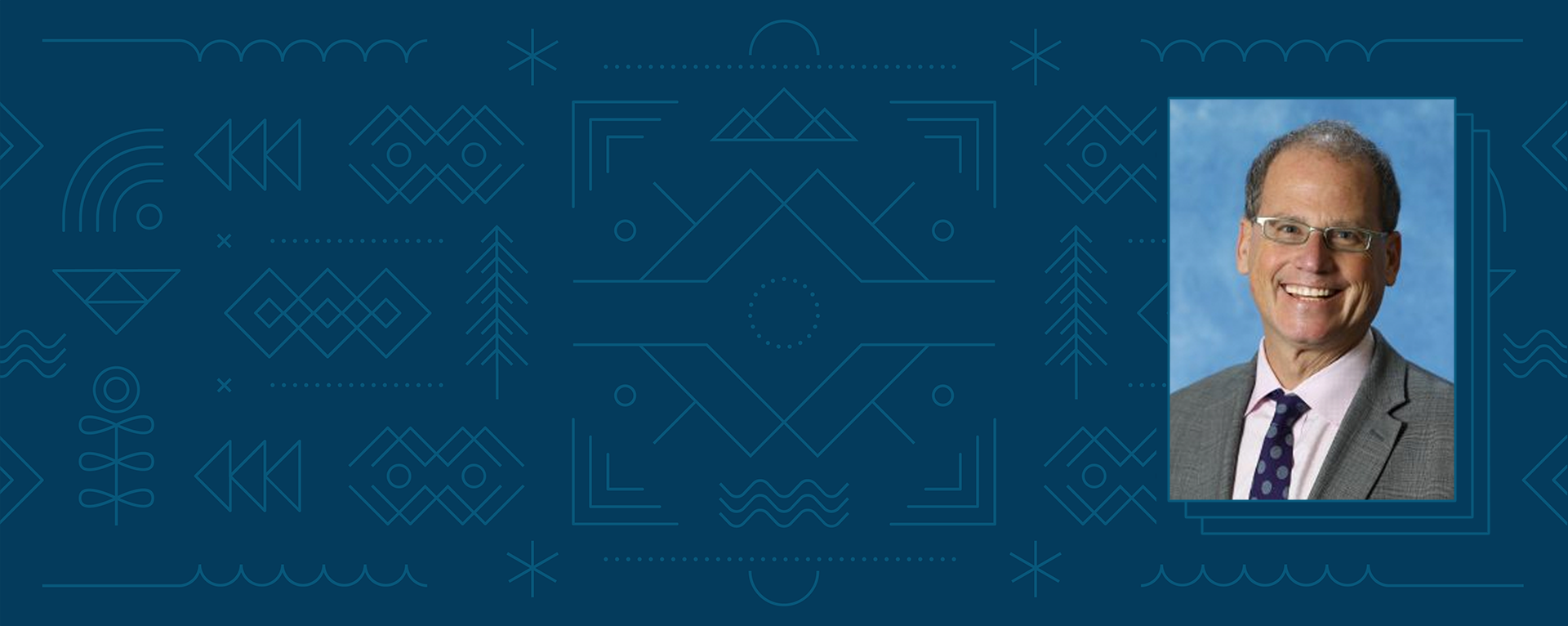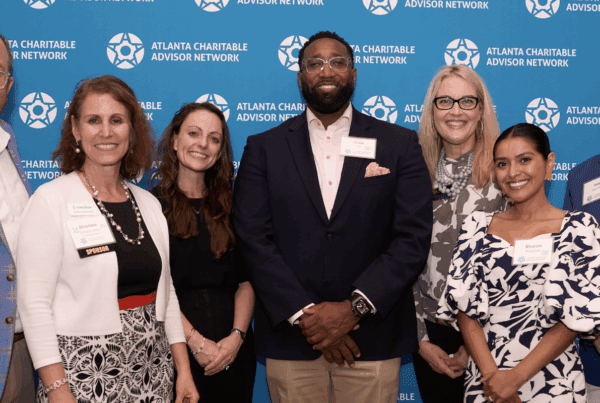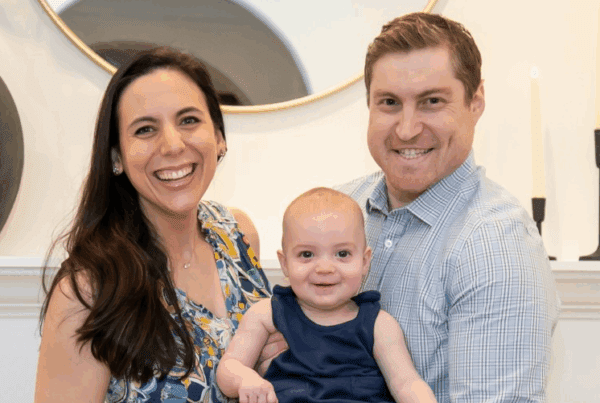These days, the only thing I know for sure is that my Tupperware all has lids.
Yet I am centered by the ways that Judaism offers structure and meaning – a guide for how to live – in the best and worst of times. This moment of unprecedented fear, anxiety, and insecurity is no different. Even as we worry and wonder what the coming months and years hold, let’s remember that we are in a special time on the Jewish calendar called the Omer. How can it help us, in this year in particular?
The Omer begins on the second night of Passover and concludes 50 days later, on Shavuot when we celebrate receiving the Torah. It reminds us of the liberation we celebrated during Passover, and how easy it is for us to slip back into slavery. Each of the 50 days offers us an opportunity to work on our best selves and be ready to receive the rules our people will live by (Torah) on Shavuot. This year, counting the Omer is serving as a reminder to me that we need to resist the temptation to plan for a future we cannot possibly imagine, and instead, be in this moment.
Before the pandemic, Jewish communal leaders were consumed by the challenge of creating a Jewish future, staying connected to Israel, engaging the next generation in an assimilated world, caring for the vulnerable, and continuing to raise the resources necessary to support the massive communal infrastructure we have created. Innovation has entered our vocabulary out of a recognition that what brought us to this point may alone not get us to the future.
Discussions are more often now focused on life After Covid (AC). Does innovation go by the wayside? Do we go back to basics? Do we double down on the organizations that are helping us to serve the vulnerable in these challenging times? Do we lean more into the secular world for our services? Do we scale back and consolidate to save limited resources? Do we halt the capital projects we envisioned about Before Covid (BC), and focus on making the best with what we have?
Clearly the world is going to be different AC, and no one knows what that will look like and when that will be. The only thing we know for sure is where we are now. (The only thing I know for sure from these past several weeks is that my Tupperware now all has lids.) I think we must lean into the present and let it seep in knowing that it will bring clarity when that time comes.
Soon enough we will be back to planning. Attempting to do so in this moment is an illusion – an attempt to assuage our anxiety. Let’s focus on addressing critical needs in our communities, making sure we take care of the ill and unemployed, and protecting those who are healthy. Let’s take walks, plant flowers, embrace our homes, our neighborhoods, our families and take time to just be – and count each day to again receive the Torah.






